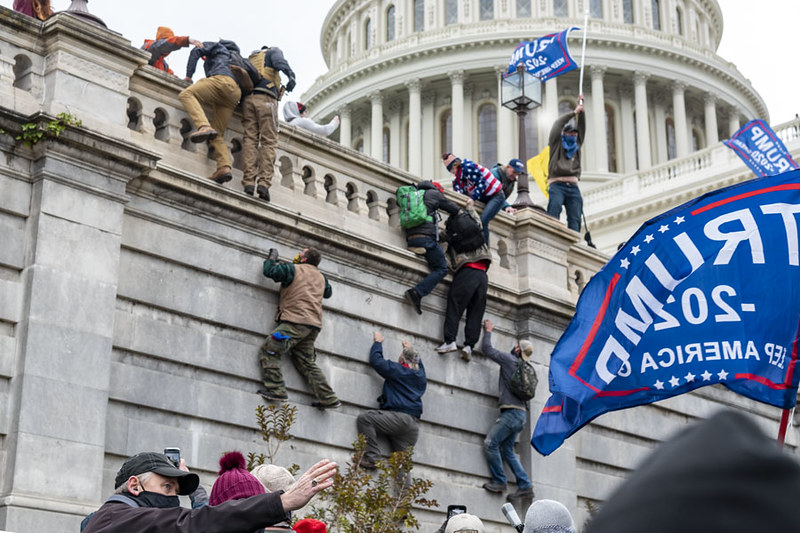By Philip T. Pearson
The moon landing was faked, and JFK was assassinated by the CIA. The families of 20 school children shot to death at Sandy Hook are actually crisis actors (i.e. 20 children between ages six and seven, plus six adult staff members, plus, earlier in the day, the shooter’s own mother, were not actually shot to death with a semi-automatic rifle; instead, the incident was an enormously elaborate hoax orchestrated by the Obama Administration to promote stricter gun laws), and the Same goes for 9/11–the towers were brought down by advance-planned controlled demolitions.
On some level, conspiracy theories like these have always been with us, and belief in them is not necessarily related to one’s being a conservative or a liberal–their ingredients are hardwired into our mental makeups: agency detection is the inclination in animals to presume “the purposeful intervention of an intelligent agent in situations that may or may not involve one.”
But, as this excellent Vox article discusses, (per research obtained from this even excellent-er peer-reviewed study from the American Journal of Political Science), conspiracy theory endorsement and belief really is more common among today’s right-wing. Much more common, in fact. Because it’s sort of built into the core tenets of conservative ideology: the two most predictive factors the AJPS study identifies w/r/t conspiracy theory endorsement are 1. Close engagement with partisan politics or consumption of political news, and 2. Low levels of ambient trust in political institutions.
According to the Vox article: “First, it’s pretty obvious that conservatives are less likely than liberals to trust the political system. It’s built into the ideology. What’s more, conservative anti-government, anti-establishment sentiment has become more and more virulent over the past several decades. This lack of trust is not only directed at Democrats; the conservative base tends to scorn all professional politicians, including those in the Republican establishment.”
And, going on, notes that: “What’s more, the conservative base is, relative to the broader electorate, more politically engaged and intense, which means its members are likely to pay more attention and have more knowledge (or at least “knowledge”) about political events”
This is critical to understanding how and why the Right-Wing media operates. Low trust high “knowledge” individuals–i.e. those viewers of RWM who are tuned into Tucker and Ingraham and Hannity nightly, the constant consumer base–are the most susceptible among us to conspiracy theories, because modern conspiracy theories tend to be “a form of “motivated reasoning” – an effort to gather facts and construct frameworks that “protect or bolster one’s political worldview.” And so there is very little incentive for Tucker et al not to peddle in easily disprovable conspiratorial assertions: the viewership craves it, and rewards those who put it on the air. So it’s no problem, for example, that Tucker’s recent “documentary” has drawn extremely pointed criticism from mainstream media. That’s actually a good thing, and probably even an intentional one. His viewers distrust the “Mainstream Media” to begin with. So headlines like:
“‘Off the rails’: New Tucker Carlson project for Fox embraces conspiracy theories” – from NPR
Or “Tucker Carlson draws bipartisan backlash for ‘false flag’ claim about Jan. 6 in new documentary” from The Washington Post
Or, “Tucker Carlson condemned over ‘false flag’ claim about deadly Capitol attack” from The Guardian
only prove to his viewership, (to the extent that his viewers even interact with mainstream media treatments of Fox News), that Tucker is “being silenced.”
This is a long term problem for our society. But what to do about it? As the Vox piece points out, “The research suggests that there is only one way to mitigate or reverse this process: restore some level of trust in the US political system. But conservative elites — who have the ear of their base — have no incentive to do so, and it’s not clear that anyone else has the ability to. Declining trust in institutions is broad and deep in America; it may very well be unstoppable. As long as it continues, conspiracy theories will play a larger and larger role in public life.”

